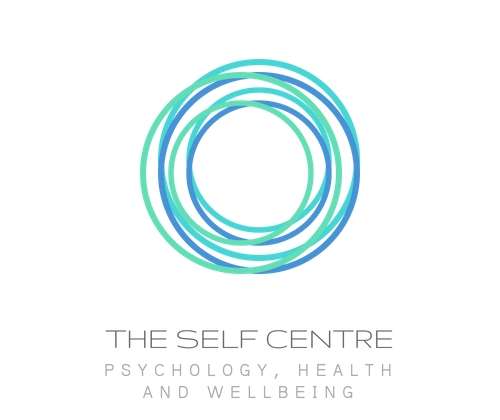
Understanding OCD: What It Is and What It Isn’t
by Lyndsay Babcock
Principal Clinical Psychologist and Practice Director
Obsessive-compulsive disorder (OCD) is often misunderstood and misrepresented in popular culture. Many people casually describe themselves as “a little OCD” when referring to a preference for cleanliness or order. But OCD is much more complex than being neat or organised. It’s a serious mental health condition that can profoundly affect the lives of those who experience it.
If you or someone you love is living with OCD, it’s important to separate myth from reality and know that support is available.
What Is OCD?
OCD is characterised by intrusive thoughts (obsessions) that cause significant distress and the compulsive behaviours performed to try to neutralise or relieve the anxiety caused by these thoughts. The cycle of obsession and compulsion can become all-consuming, interfering with daily life, relationships, and wellbeing.
Obsessions
Obsessions are unwanted, intrusive thoughts, images, or urges that feel impossible to ignore. They’re not reflective of the person’s character or desires—they’re distressing and often contradictory to their values.
Examples include:
· Fear of contamination or harm.
· Intrusive thoughts about morality or blasphemy.
· Worry about symmetry or things feeling “just right.”
Compulsions
Compulsions are the actions (physical or mental) that people with OCD feel compelled to perform in response to their obsessions. While these behaviours may provide temporary relief, they ultimately reinforce the OCD cycle.
Overt compulsions involve visible actions, such as:
· Excessive handwashing or cleaning.
· Checking locks, appliances, or other safety measures repeatedly.
· Reorganising objects until they’re “perfect.”
Mental compulsions are less visible but equally significant. They can include:
· Repeating phrases or prayers silently.
· Mental reviewing to “prove” something didn’t happen.
· Avoiding certain thoughts or attempting to “cancel out” bad ones.
What OCD Isn’t
OCD is not simply being tidy, particular, or a perfectionist. It’s also not something you can “snap out of” by thinking positively or ignoring intrusive thoughts. Unlike common worries or habits, OCD causes significant distress and often feels uncontrollable without professional intervention.
Subtypes of OCD
OCD doesn’t always fit the stereotypical image of someone washing their hands repeatedly. There are many subtypes, and individuals often experience more than one in their lifetime.
Some common subtypes include:
· Contamination OCD: Fear of germs, illness, or environmental toxins.
· Harm OCD: Fear of causing harm to oneself or others, often paired with checking behaviours.
· Relationship OCD: Obsessions about the quality or “rightness” of relationships.
· Sexual Orientation or Identity OCD: Intrusive doubts about one’s sexual or gender identity.
· Religious or Moral OCD: Fear of violating one’s moral or spiritual beliefs.
It’s crucial to note that OCD symptoms can evolve, and individuals may experience different subtypes at various points in their lives.
Support and Resources
Living with OCD can be overwhelming, but there’s hope. With the right treatment, such as evidence-based therapies like Cognitive Behavioural Therapy (CBT) and Exposure and Response Prevention (ERP), many people experience significant relief.
Skilled professionals can help individuals navigate the unique challenges of OCD, providing tailored support to break the cycle of obsessions and compulsions.
If you’re looking for more information, support, or resources, visit So OCD. The website offers insights into OCD and practical tools to help you or a loved one begin the journey toward recovery.
You Are Not Alone: Take the First Step Toward Managing OCD
Living with OCD can feel isolating, but it doesn’t have to be. At The Self Centre, our experienced Clinical Psychologists are trained in evidence-based approaches like Cognitive Behavioural Therapy (CBT) and Exposure and Response Prevention (ERP). We are here to help you understand your OCD, break free from the cycle of obsessions and compulsions, and reclaim your life.
Not sure if we’re the right fit for your needs? We offer a free 15-minute intake session where you can discuss your concerns, learn about our approach, and ask any questions. Here’s how to get started:
1. Visit our website at www.selfcentre.com.au.
2. Select the option to book your free intake session.
3. Choose a time that suits you, and we’ll connect to explore how we can help.
If you’re not ready for therapy just yet, explore our Learning Hub, where you’ll find bite-sized, cost-effective strategies to help you start managing OCD symptoms on your own terms.
You don’t have to face OCD alone. Whether you’re ready to dive into therapy or looking for tools to get started, The Self Centre is here to support you every step of the way.
